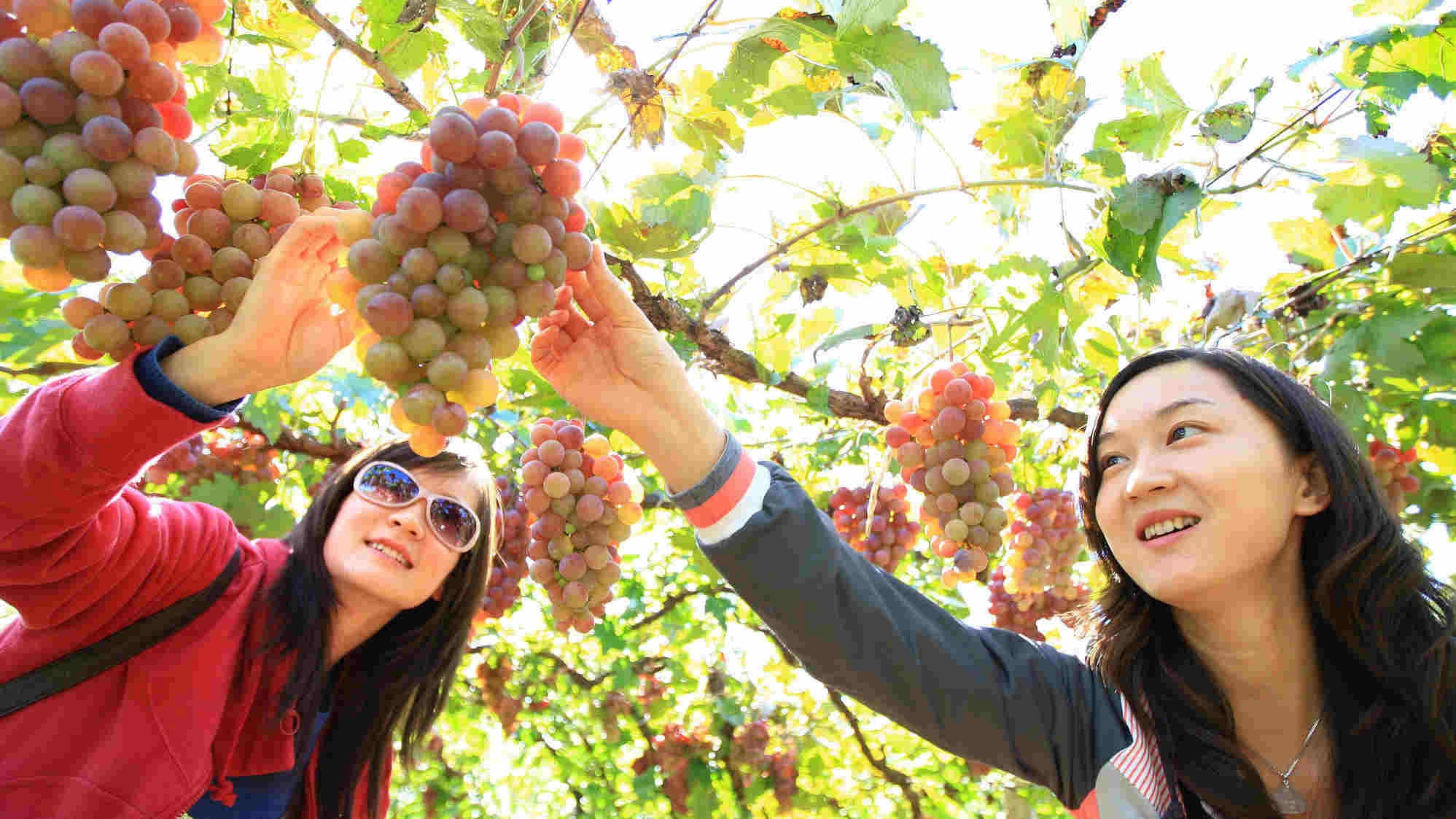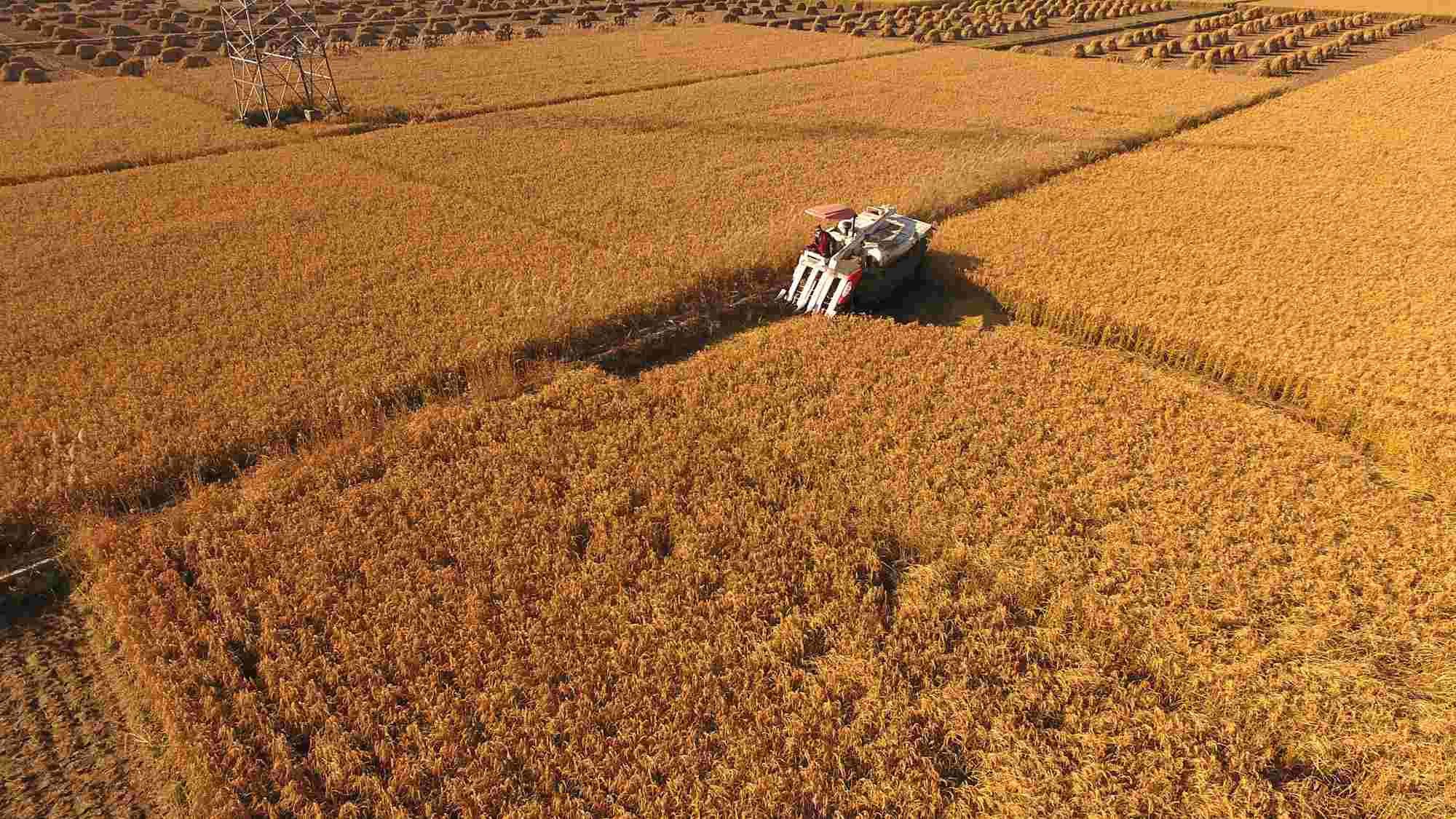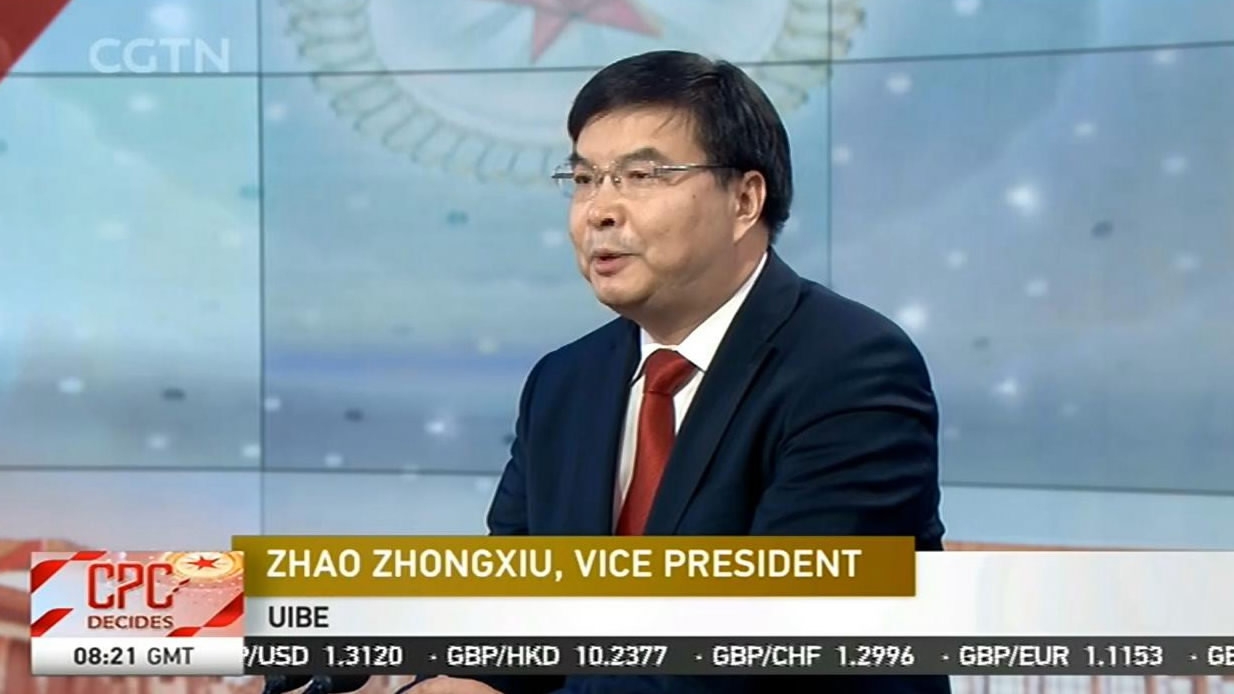
China
22:22, 25-Oct-2017
Rural businesses get smart under structural reforms
By CGTN’s Mi Jiayi

Qiangfeng farm in Shanghai's suburban Jinshan district is reaping rich rewards from Chinese agricultural sector reforms.
The farm's smart strategy was buttressed by a pledge made by Xi Jinping, General Secretary of the Central Committee of the Communist Party of China (CPC), to the 19th CPC National Congress that China will deepen integration of agriculture, industries and the service sector in rural areas, and will help farmers start their own businesses.
Wu Lianqiang, owner of Qiangfeng, began introducing green features into farming, including recycling waste and getting more people to experience the life of a farmer, after the local government began advocating structural reforms in agriculture in 2013.
The reforms aim to help farmers meet market demand, upgrade farming methods to increase the quality and efficiency of agricultural production, and eventually raise income.

Visitors to Qiangfeng farm enjoy not only riding horses and getting to know farm animals, but also learn about new ways of farming, including a technique that does not use soil.
Wu said the farm is profiting more from sightseeing trips than just selling its produce.
“For example, in the first half of this year, people came to harvest cherries, they paid us 30 yuan for farm admission, and they also buy some of the fruits when leaving," he said. "But if we had sold them through middlemen, we would only get 10 or 12 yuan per kilo.”
For businessman like Wu, another piece of good news from the 19th CPC National Congress is that the government will extend all farmland contracts for another 30 years.
“Farmers will have a long plan for their investment, non-agricultural arrangements, and improving their farming facilities,” said Zhao Zhongxiu, vice president of the University of International Business.

The farm has also set up a website and put vending machines around the city to sell fresh vegetables.
Wu developed a delivery center where products are inspected, packed and sent to supermarkets and households. In this way, he cuts out the middlemen and helps farmers make more money.
Every package of vegetables is attached with a QR code, and whoever buys it can get all the info with a quick scan – when they were harvested and packed, and who you should contact if there's a problem.
This is just one of the more than 350 new smart farms that have popped up around Shanghai in the past five years, and farmers in Shanghai area last year alone saw a 10 percent increase in their earnings.

SITEMAP
Copyright © 2018 CGTN. Beijing ICP prepared NO.16065310-3
Copyright © 2018 CGTN. Beijing ICP prepared NO.16065310-3